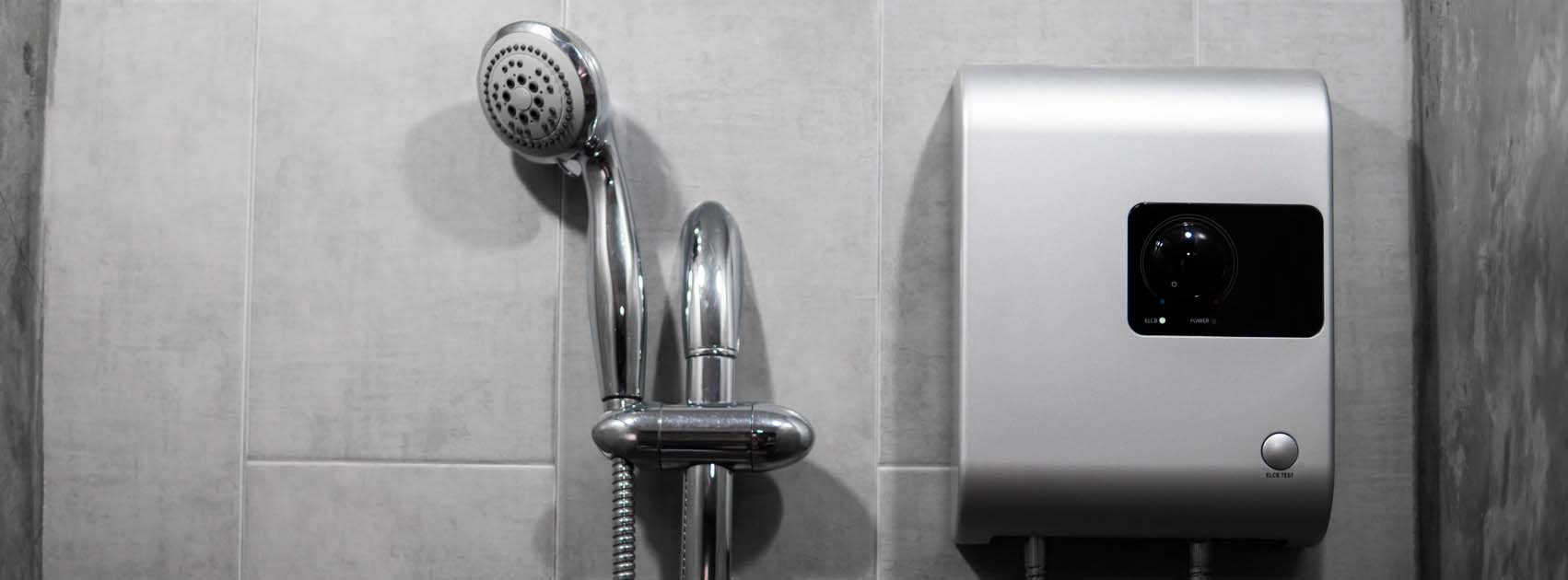

Articles
What Is A Point Of Use Water Heater
Modified: August 28, 2024
Discover the benefits of point of use water heaters with these informative articles. Find out how they can provide convenient and energy-efficient hot water solutions for your home or business.
(Many of the links in this article redirect to a specific reviewed product. Your purchase of these products through affiliate links helps to generate commission for Storables.com, at no extra cost. Learn more)
Introduction
Welcome to the world of point of use water heaters! In this article, we will explore the concept, function, advantages, and disadvantages of these innovative devices. Whether you’re tired of waiting for hot water to reach your desired location or want a more energy-efficient solution, a point of use water heater may be the perfect addition to your home. So, let’s dive in and uncover the wonders of this technology.
But first, what exactly is a point of use water heater? In simple terms, it is a compact and localized water heating system that provides hot water instantly at the specific point of use. Unlike traditional water heaters that heat a large tank of water in a central location and distribute it throughout the house, point of use water heaters are installed directly at the desired location, eliminating the need for long hot water pipelines.
The primary function of a point of use water heater is to deliver hot water immediately, eliminating the wait time and the need to run the tap or shower for an extended period to get hot water. This not only saves time but also conserves water, making it an eco-friendly option. Additionally, the compact size of these units allows for easy installation in small spaces, making them a popular choice for apartments, offices, and other tight spots.
Now that we have a basic understanding of what a point of use water heater is, let’s delve into the inner workings of these devices. Essentially, they work by directly heating the water as it passes through the unit using either electric resistance heating elements or gas burners. The heated water is then instantly delivered to the desired point of use, ensuring a constant and reliable supply of hot water.
The advantages of point of use water heaters are numerous. Firstly, as mentioned earlier, they eliminate the need for long hot water pipelines, reducing water and energy wastage. This, in turn, leads to lower energy bills and a more sustainable approach to water usage. Additionally, since point of use water heaters only heat the water that is needed, they provide hot water instantly and consistently, ensuring a comfortable and convenient experience for the user.
Key Takeaways:
- Point of use water heaters provide instant hot water, conserve energy, and save space by eliminating the need for long hot water pipelines. They offer a practical and efficient solution for localized hot water needs in homes and businesses.
- When choosing a point of use water heater, consider factors such as hot water demand, power source availability, and energy efficiency. Regular maintenance is crucial to ensure optimal performance and longevity of the unit.
Read more: How To Use Water Heater
Definition of a Point of Use Water Heater
A point of use water heater, also known as a POU water heater, is a compact and localized water heating device that delivers hot water instantly at the specific point of use. Unlike traditional water heaters that heat a large volume of water and distribute it throughout the house, a point of use water heater is installed directly at the desired location, eliminating the need for long hot water pipelines.
POU water heaters are designed to provide hot water on demand, ensuring immediate availability without the need for waiting or wastage. These units come in various sizes and types to accommodate different applications and preferences.
At their core, point of use water heaters work by directly heating the water as it passes through the unit using either electric resistance heating elements or gas burners. The heated water is then instantly delivered to the desired point of use, ensuring a constant supply of hot water whenever it is needed.
The compact size of point of use water heaters makes them ideal for installations in small spaces such as apartments, offices, cabins, or in specific areas of larger homes where hot water demand is high. Common locations for installing POU water heaters include bathrooms, kitchens, laundry rooms, or near remote sinks or showers that are far from the central water heating system.
There are different types of point of use water heaters available, including tankless electric, tankless gas, and mini-tank water heaters. Tankless electric POU water heaters are powered by electricity and heat the water using heating elements. Tankless gas POU water heaters, on the other hand, use gas burners to heat the water, making them more suitable for high-demand applications. Mini-tank water heaters, as the name suggests, have a small storage tank that holds a certain amount of heated water ready for immediate use.
In summary, a point of use water heater is a localized and efficient water heating solution that provides hot water instantly at the specific point of use. With their compact size, energy efficiency, and convenience, POU water heaters offer a practical alternative to traditional water heating systems, especially in locations where hot water demand is high or waiting for hot water is an inconvenience.
How a Point of Use Water Heater Works
Understanding how a point of use water heater works is essential to grasp its efficiency and benefits. These compact devices utilize different mechanisms to heat water on-demand and deliver it instantly to the desired location. Let’s explore the inner workings of a point of use water heater.
In essence, a point of use water heater heats water as it passes through the unit and delivers it directly to the point of use. The most common types of POU water heaters are tankless electric, tankless gas, and mini-tank water heaters.
Tankless electric point of use water heaters rely on electric resistance heating elements to heat the water. When hot water is required, the cold water enters the unit and flows over the heating elements. The elements heat up quickly, raising the temperature of the water as it passes through. The heated water is then instantly delivered to the tap, shower, or other fixtures, providing hot water on-demand.
Tankless gas point of use water heaters operate similarly, but they utilize gas burners instead of electric heating elements to heat the water. When the hot water is needed, a gas burner ignites, heating the water as it flows through the unit. This allows for a continuous supply of hot water without the need for a storage tank.
Mini-tank water heaters, on the other hand, have a small storage tank that holds a certain volume of hot water. The tank is constantly heated to maintain the stored water at the desired temperature. When hot water is required, it is drawn from the tank and replenished with cold water, which is then heated and stored for future use. This type of point of use water heater offers the advantage of having a small reserve of hot water readily available, eliminating any delay in getting hot water.
One important aspect of point of use water heaters is the flow rate. The flow rate refers to the amount of hot water that the unit can deliver per minute. It is important to choose a POU water heater with a flow rate that meets the specific hot water demand of the desired location. Lower flow rates may be suitable for handwashing or small fixtures, while higher flow rates are necessary for showers or larger appliances that require a higher volume of hot water.
Overall, the working principle of a point of use water heater revolves around heating water as it passes through the unit and delivering it instantly to the point of use. Whether powered by electric resistance heating elements, gas burners, or a small storage tank, these devices provide a reliable and efficient solution for immediate hot water needs without the need for long hot water pipelines or energy wastage.
Advantages of Point of Use Water Heaters
Point of use water heaters offer numerous advantages that make them a popular choice for homeowners and businesses alike. Understanding these advantages can help you determine if a POU water heater is the right solution for your hot water needs. Let’s explore the benefits:
- Instant Hot Water: One of the most significant advantages of point of use water heaters is the immediate availability of hot water at the specific point of use. Unlike traditional water heaters that require hot water to travel through long pipelines, POU water heaters deliver hot water instantly, eliminating the need for waiting or wastage.
- Energy Efficiency: Point of use water heaters are highly energy-efficient. Since they only heat the water that is needed at the point of use, there is no energy wastage associated with heating and storing large volumes of water in a central tank. This results in lower energy bills and reduced environmental impact.
- Water Conservation: By eliminating the need for waiting for hot water to reach the desired location, point of use water heaters help conserve water. With traditional water heaters, it is common to run the tap or shower for several minutes before hot water starts flowing. POU water heaters provide hot water instantly, reducing the amount of cold water that goes down the drain.
- Space-Saving Design: POU water heaters have a compact and sleek design, making them ideal for installation in small spaces. Whether you are living in an apartment, office, or any other space where hot water demand is localized, point of use water heaters can easily fit under sinks, in cabinets, or other tight spots, saving valuable storage space.
- Flexibility in Installation: With point of use water heaters, you have the flexibility to install them near specific fixtures or appliances that require hot water. This allows you to customize your hot water system according to your needs, without the limitations of long pipelines or the need to work around a central water heater’s location.
- Reduced Heat Loss: Traditional water heaters can experience heat loss through long pipelines, especially in colder climates. Point of use water heaters minimize this heat loss by delivering hot water directly to the point of use, ensuring maximum efficiency and temperature retention.
These advantages highlight the convenience, energy efficiency, and cost savings associated with point of use water heaters. Whether you want instant hot water, lower energy bills, or a space-saving solution, POU water heaters can offer the perfect solution for your hot water needs.
Disadvantages of Point of Use Water Heaters
While there are many advantages to point of use water heaters, it is important to consider the potential disadvantages before making a decision. Understanding these drawbacks will help you evaluate if a POU water heater is the right choice for your specific hot water needs. Let’s explore some of the disadvantages:
- Limited Hot Water Capacity: Point of use water heaters typically have a lower hot water capacity compared to traditional water heaters. Since they are designed to provide hot water to a specific point of use, their capacity may not be sufficient for simultaneous use in multiple locations.
- Installation Limitations: Depending on the location and setup of your home or building, installing multiple point of use water heaters for each individual fixture or appliance may be impractical or costly. This can be particularly challenging in larger homes or commercial buildings with numerous hot water outlets.
- Higher Initial Cost: Point of use water heaters can have a higher upfront cost compared to traditional water heaters. This is mainly due to the need for multiple units to accommodate different areas. However, it’s important to consider the long-term savings in energy and water costs when evaluating the overall cost-effectiveness.
- Limitations in Flow Rate: Each point of use water heater has a maximum flow rate, which determines the amount of hot water it can deliver per minute. If the demand exceeds the flow rate, the water heater may not be able to meet the required hot water needs, leading to a reduction in water pressure or temperature.
- Regular Maintenance: Like any water heating system, point of use water heaters require regular maintenance to ensure optimal performance and longevity. This includes cleaning filters, descaling, and inspecting the heating elements or burners. Failure to perform proper maintenance can result in decreased efficiency and potential issues.
- Multiple Power or Fuel Sources: Depending on the type of POU water heater you choose, you may need to consider the availability of the power or fuel source required. Electric POU water heaters need access to electrical outlets, while gas-powered units require a gas supply. Ensuring compatibility and availability of these utilities is crucial in the installation process.
While these disadvantages should be taken into consideration, it is important to weigh them against the specific requirements and benefits of your hot water needs. Point of use water heaters can still be an excellent choice when convenience, energy efficiency, and targeted hot water supply are essential considerations.
By understanding both the advantages and disadvantages, you can make an informed decision about whether a POU water heater is the right solution for your home or business.
Read more: What Is The Lifespan Of A Water Heater
Types of Point of Use Water Heaters
Point of use water heaters come in various types, each offering unique features and advantages. Understanding the different types can help you choose the most suitable option for your specific hot water needs. Let’s explore the common types of point of use water heaters:
- Tankless Electric Point of Use Water Heaters: These units are powered by electricity and utilize electric resistance heating elements to heat the water. When hot water is needed, the cold water flows through the unit, where it is rapidly heated by the electric heating elements. Tankless electric POU water heaters offer instant hot water and are known for their energy efficiency and compact size.
- Tankless Gas Point of Use Water Heaters: These POU water heaters are fueled by gas, typically natural gas or propane. Gas burners are used to heat the water as it passes through the unit. Tankless gas water heaters are known for their high heating capacity and ability to supply hot water consistently, making them suitable for high-demand applications. They are popular in commercial settings and locations where electric power may be limited or costly.
- Mini-Tank Point of Use Water Heaters: As the name suggests, mini-tank water heaters have a small storage tank that holds a certain amount of hot water. The tank is constantly heated to maintain the stored water at the desired temperature. When hot water is needed, it is drawn from the tank, instantly providing the desired hot water. Mini-tank water heaters offer the advantage of having a reserve of hot water readily available, eliminating any delay in getting hot water.
- Hybrid Point of Use Water Heaters: Hybrid POU water heaters combine the features of tankless and storage tank water heaters. They use a small storage tank to maintain a certain volume of hot water, similar to a mini-tank water heater. However, they also utilize tankless technology to provide instant hot water when the demand exceeds the tank’s capacity. Hybrid POU water heaters offer the benefit of having a reserve of hot water while still providing on-demand hot water.
- Under Sink Point of Use Water Heaters: These POU water heaters are specifically designed to be installed under sinks or in specific locations where hot water is needed. They are compact and can easily fit in small spaces. Under sink water heaters are commonly used in bathrooms, kitchens, or any area that requires localized hot water supply.
Each type of point of use water heater has its own advantages and considerations. Factors such as the hot water demand, available fuel or power sources, installation requirements, and space constraints should be taken into account when selecting the appropriate type for your specific needs.
By evaluating these factors and understanding the features of each type, you can make an informed decision and choose a point of use water heater that meets your hot water requirements effectively.
A point of use water heater is a small, compact unit that provides hot water directly at the source, such as a sink or shower, eliminating the need for a central water heater and reducing energy waste.
Factors to Consider When Choosing a Point of Use Water Heater
Choosing the right point of use water heater is essential to ensure optimal performance and meet your specific hot water needs. To make an informed decision, consider the following factors when selecting a POU water heater:
- Hot Water Demand: Determine the hot water demand in the location where the POU water heater will be installed. Consider the number of fixtures or appliances that require hot water simultaneously to ensure the unit’s flow rate and capacity can meet your needs.
- Power Source: Depending on the type of point of use water heater you choose, determine the availability and compatibility of the required power source. Electric units require access to electrical outlets, while gas-powered units need a gas supply. Ensure the necessary connections are easily accessible in the desired installation location.
- Size and Installation Space: Evaluate the available installation space and choose a POU water heater that can fit in that location. Consider the dimensions and weight of the unit to ensure a proper fit, especially in small spaces such as under sinks or in cabinets.
- Energy Efficiency: Look for energy-efficient models that can help reduce energy consumption and lower utility bills. Consider the energy efficiency rating of the unit and any additional features, such as automatic shut-off or energy-saving modes.
- Water Temperature: Determine the desired hot water temperature and choose a POU water heater that can achieve and maintain that temperature consistently. Some units offer adjustable temperature settings, allowing you to customize the water temperature to your preference.
- Installation Requirements: Consider the installation requirements of the chosen point of use water heater. Some units require professional installation, while others have easy DIY installation options. Keep in mind any specific plumbing or electrical requirements to ensure a smooth and safe installation process.
- Maintenance and Accessibility: Evaluate the maintenance requirements of the POU water heater. Look for units with accessible filters, easy descaling options, and clear instructions for periodic maintenance. Regular maintenance is vital to ensure optimal performance and longevity of the unit.
- Brand and Warranty: Research and choose reputable brands known for producing reliable and durable point of use water heaters. Check for warranty coverage to ensure you have protection against any potential defects or malfunctions.
By considering these factors, you can select a point of use water heater that meets your specific requirements in terms of hot water demand, energy efficiency, installation space, and maintenance needs. Remember to assess your unique situation and consult with professionals if needed to make an informed decision and enjoy the benefits of a reliable and efficient POU water heater.
Installation and Maintenance of Point of Use Water Heaters
Proper installation and maintenance are crucial for the efficient and safe operation of point of use water heaters. Whether you choose to install the unit yourself or hire a professional, it’s important to follow the manufacturer’s guidelines and perform regular maintenance to ensure optimal performance and longevity. Let’s explore the installation and maintenance process for POU water heaters:
Installation:
- Select the Proper Location: Choose a suitable location for the POU water heater, considering factors such as accessibility, available space, and proximity to the point of use. Ensure the area is well-ventilated and allows for easy maintenance and access to the unit.
- Prepare the Plumbing and Electrical Connections: For electric point of use water heaters, ensure there is a nearby electrical outlet with the appropriate voltage and amperage. Gas-powered units require a gas supply line, so make sure the necessary connections are in place. Consult a professional if you are unsure about the installation requirements or need assistance with the connections.
- Mount the Unit: Follow the manufacturer’s instructions to mount the POU water heater securely. Ensure it is level and properly supported to prevent any damage or interference with nearby fixtures or appliances.
- Connect the Water Lines: Connect the cold water supply line to the inlet of the POU water heater and the hot water line to the outlet. Use appropriate plumbing fittings and ensure they are tight and leak-free.
- Test for Leaks and Functionality: Before fully securing the unit and completing the installation, turn on the water supply and check for any leaks. Also, test the unit’s functionality by turning on the hot water faucet and verifying that hot water is flowing correctly.
Read more: What Is An Indirect Water Heater
Maintenance:
- Regular Cleaning: Clean the filters or screens regularly to prevent buildup or clogs that can affect the unit’s performance. Follow the manufacturer’s instructions on how to clean or replace these components.
- Descale the Unit: Over time, mineral deposits may accumulate inside the POU water heater, affecting its efficiency. Descale the unit periodically to remove these deposits. Follow the manufacturer’s guidelines for descaling procedures and use appropriate descaling products.
- Inspect and Replace Components: Regularly inspect the heating elements, gas burners, or other components of the unit for any signs of damage or deterioration. Replace any faulty or worn-out parts to ensure proper operation.
- Check for Leaks: Routinely inspect the water connections and valves for any leaks. Address any leaks immediately to prevent water damage and the wastage of water and energy.
- Follow Maintenance Schedule: Consult the manufacturer’s maintenance schedule and recommendations for your specific POU water heater model. Adhere to the recommended maintenance tasks and intervals to keep the unit in optimal condition.
It is important to note that if you are unsure about any aspect of the installation or maintenance process, it is recommended to consult a professional plumber or contractor who has experience with point of use water heaters. They can ensure that the installation is done correctly and provide guidance on the proper maintenance procedures.
By following these installation and maintenance guidelines, you can enjoy the efficient and reliable performance of your point of use water heater for many years to come, ensuring a constant supply of hot water when and where you need it.
Conclusion
Point of use water heaters offer a convenient and efficient solution for immediate hot water needs at specific locations. With their compact size, energy efficiency, and on-demand hot water delivery, they have become increasingly popular for both residential and commercial settings. In this article, we explored the definition, working mechanism, advantages, disadvantages, types, and factors to consider when choosing a point of use water heater.
Point of use water heaters eliminate the need for long hot water pipelines, providing instant hot water and conserving water and energy. They are particularly beneficial in locations where hot water demand is localized or waiting for hot water is an inconvenience. Whether you opt for a tankless electric, tankless gas, mini-tank, or hybrid POU water heater, each type has its own unique features and benefits to cater to different hot water requirements.
Factors such as hot water demand, power source availability, size, energy efficiency, and installation requirements should be considered when selecting the appropriate POU water heater for your specific needs. Additionally, regular maintenance is essential to ensure optimal performance, including cleaning filters, descaling the unit, and inspecting and replacing components as needed. By following the manufacturer’s guidelines and performing routine maintenance, you can maximize the lifespan and efficiency of your point of use water heater.
In conclusion, point of use water heaters offer a practical and efficient way to provide immediate hot water at the desired location. Whether you’re tired of waiting for hot water to reach your faucet, want to conserve water and energy, or simply need a localized solution for hot water demand, a point of use water heater can be a worthwhile investment. Consider your specific requirements, evaluate the advantages and disadvantages, and choose a reliable and suitable POU water heater that will meet your hot water needs effectively, ensuring convenience, energy efficiency, and comfort in your daily life.
Frequently Asked Questions about What Is A Point Of Use Water Heater
Was this page helpful?
At Storables.com, we guarantee accurate and reliable information. Our content, validated by Expert Board Contributors, is crafted following stringent Editorial Policies. We're committed to providing you with well-researched, expert-backed insights for all your informational needs.
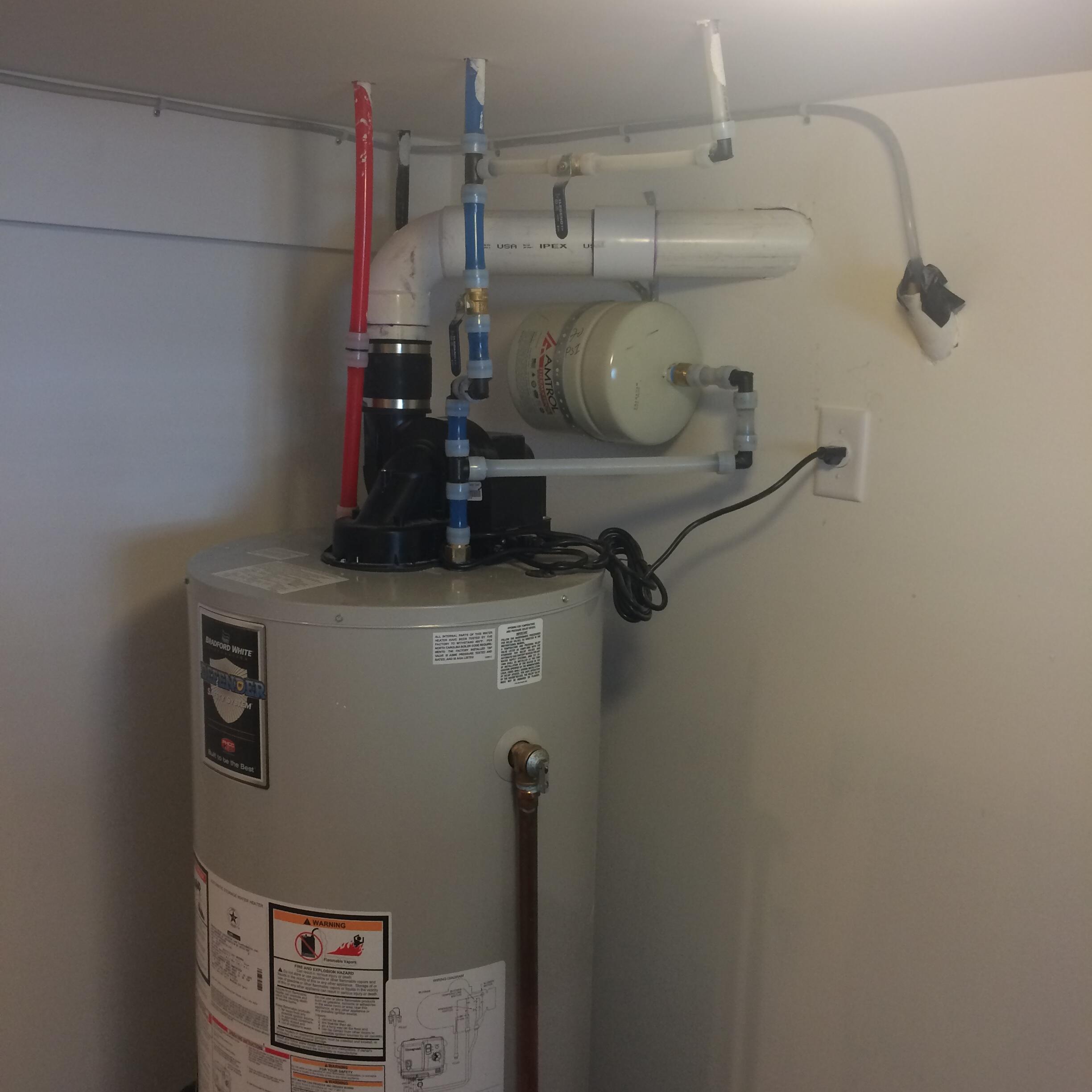
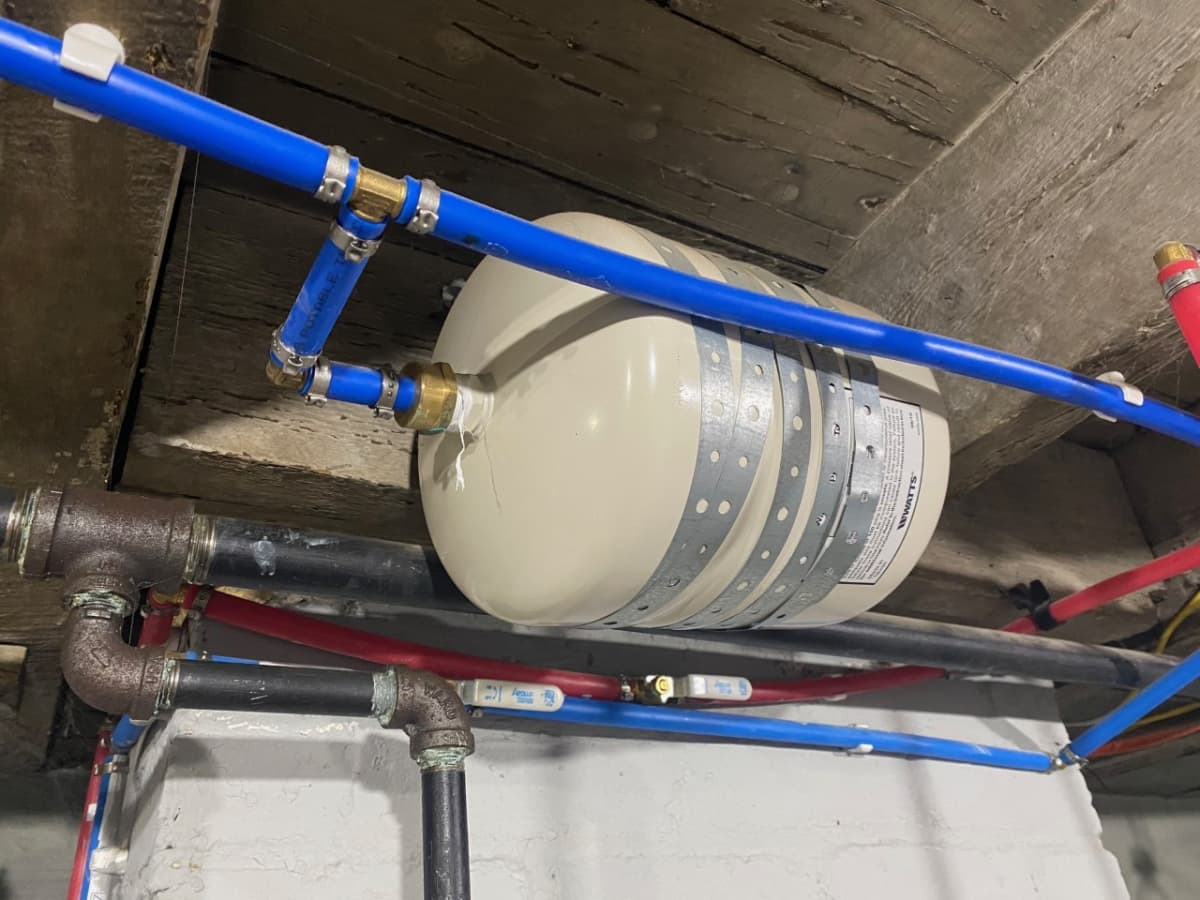
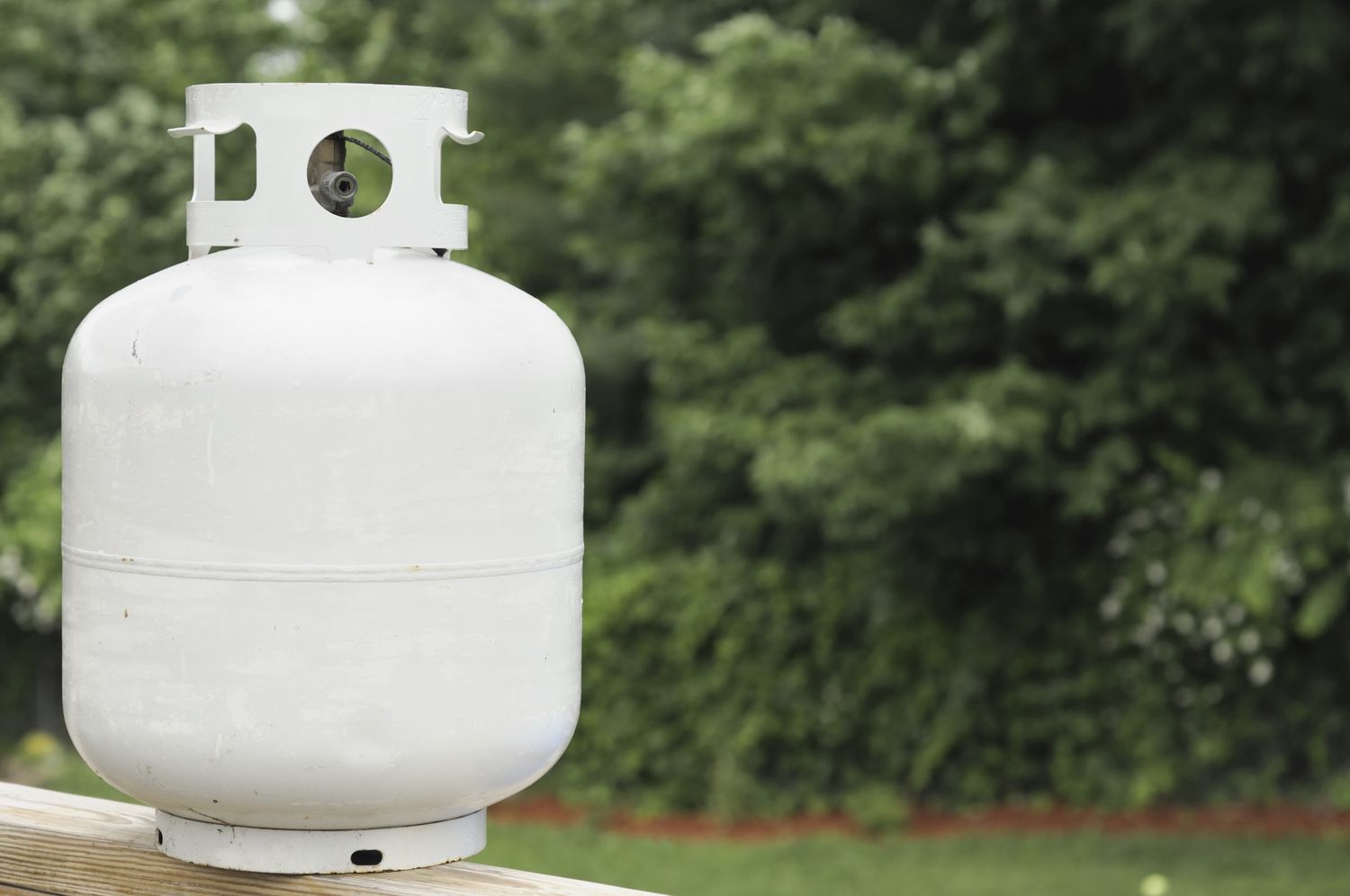
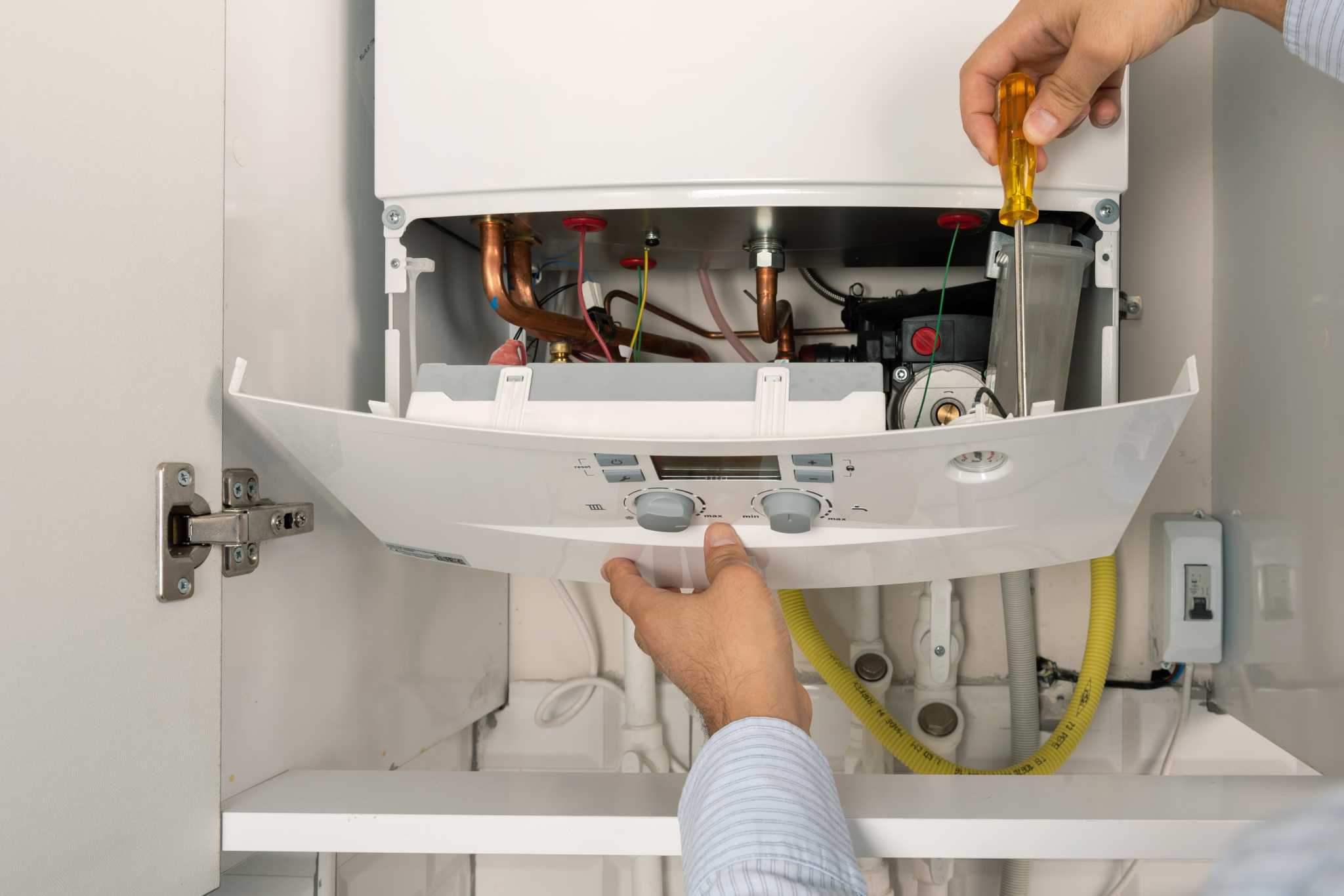
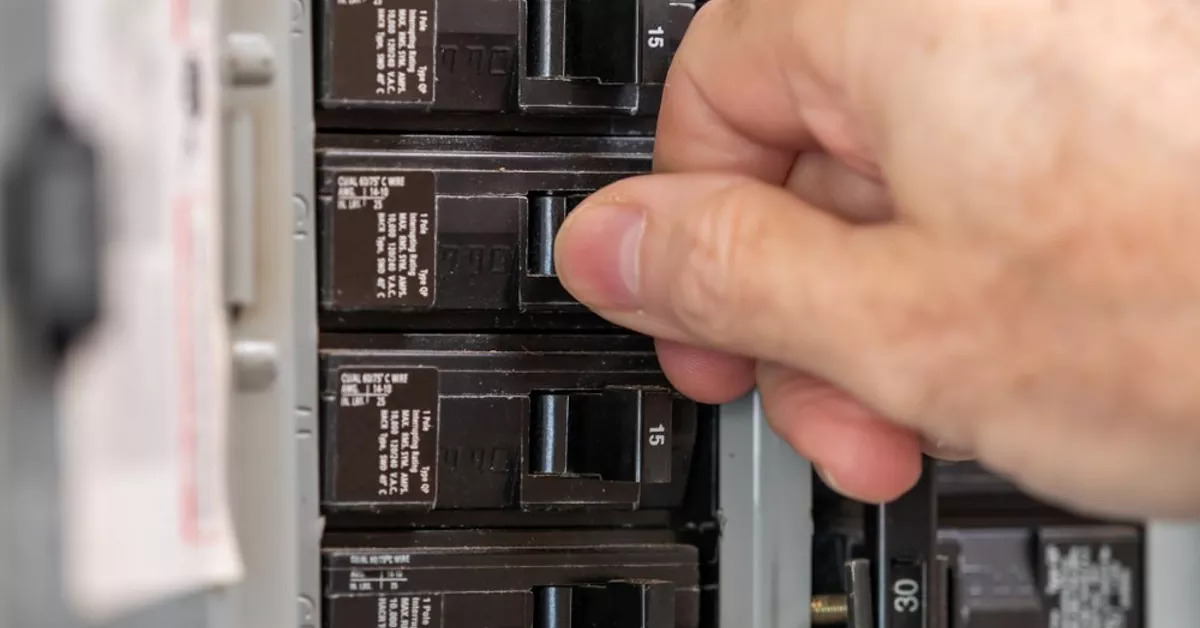
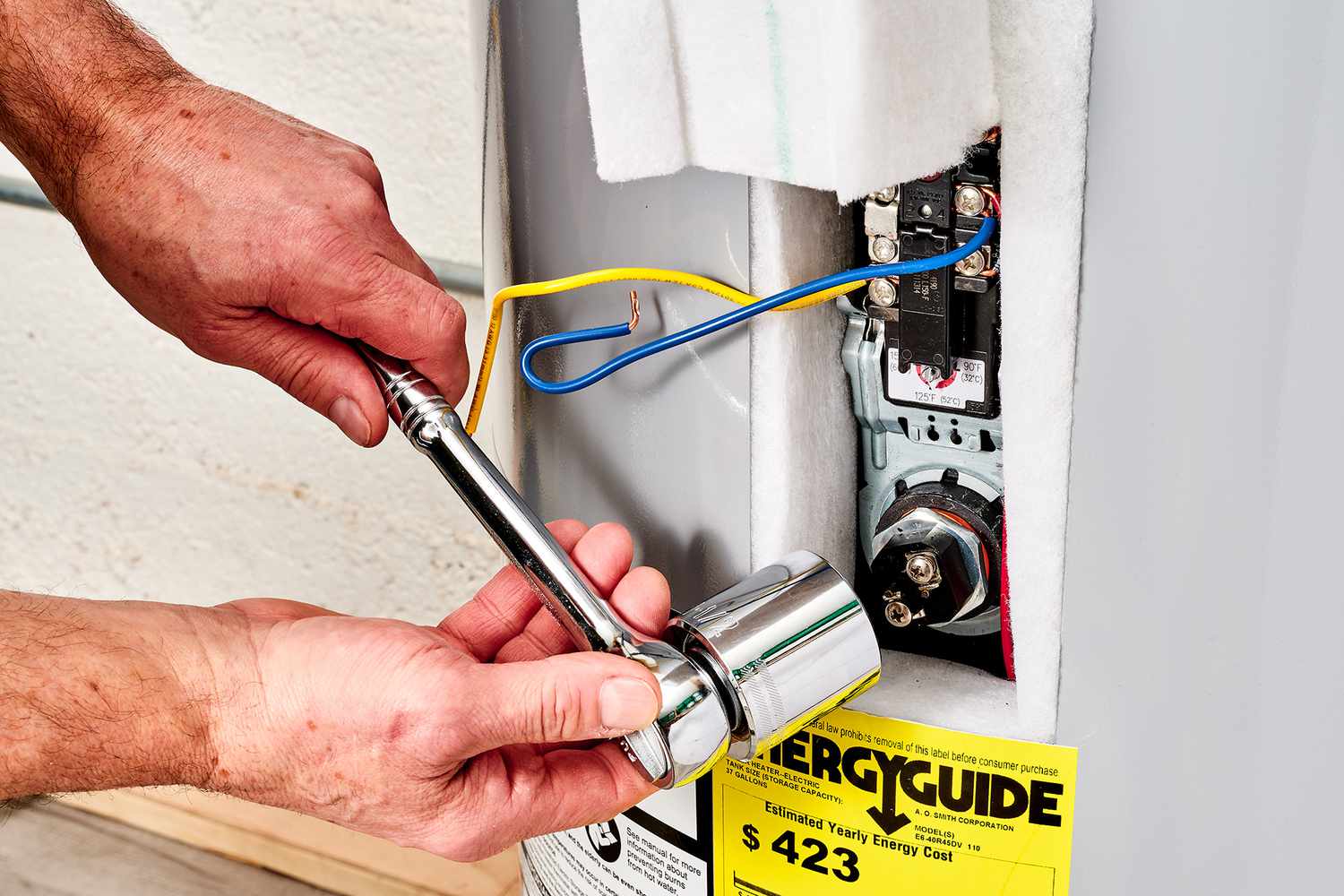
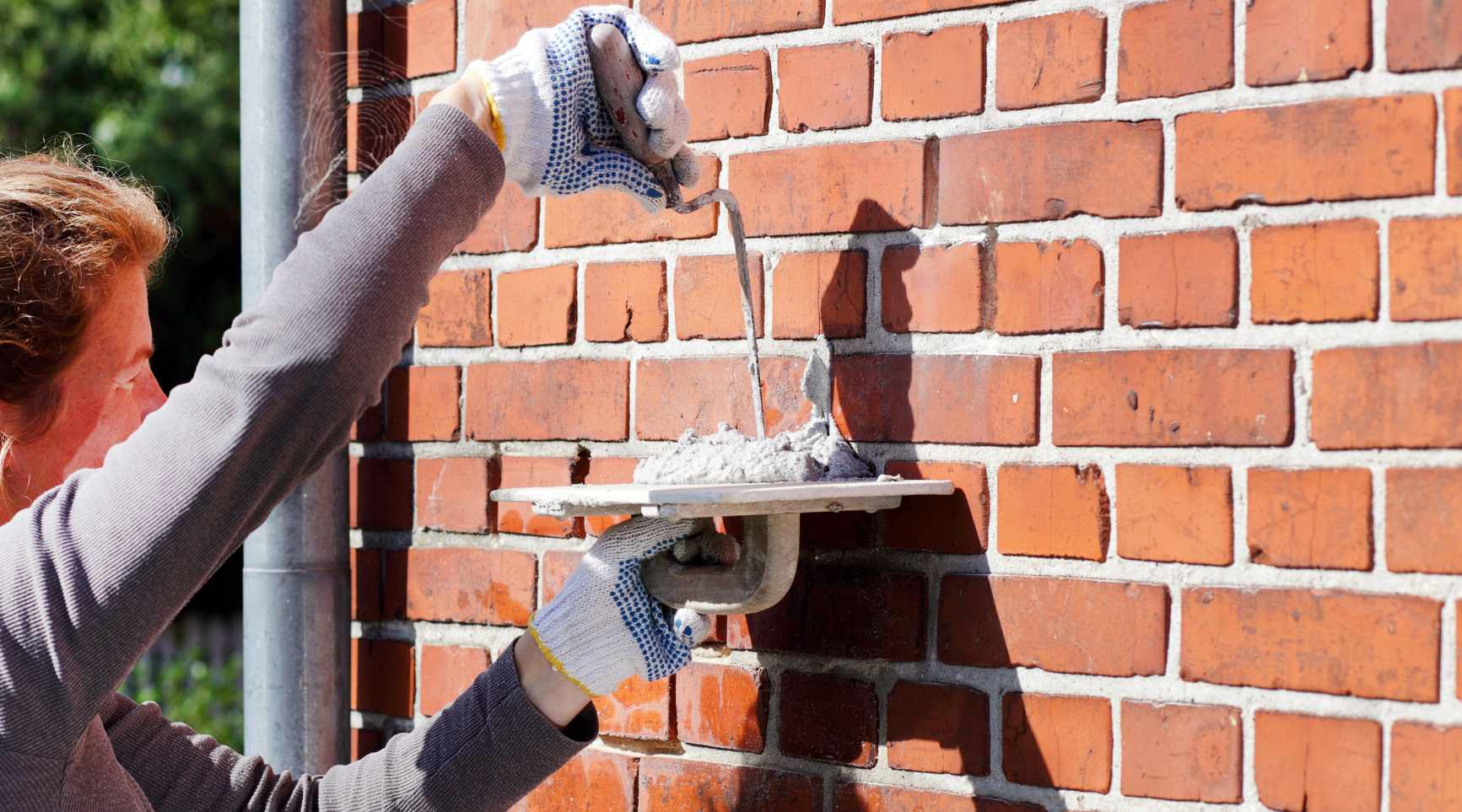
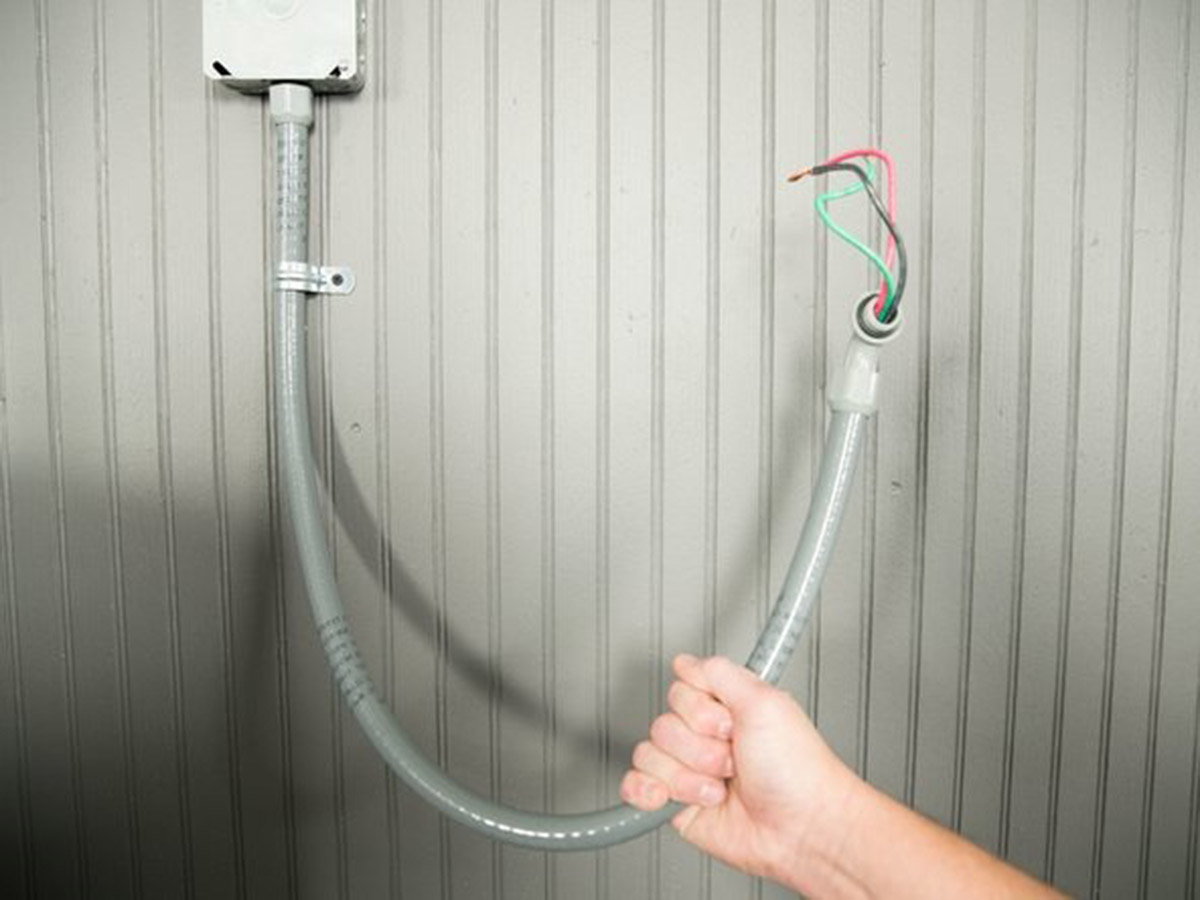
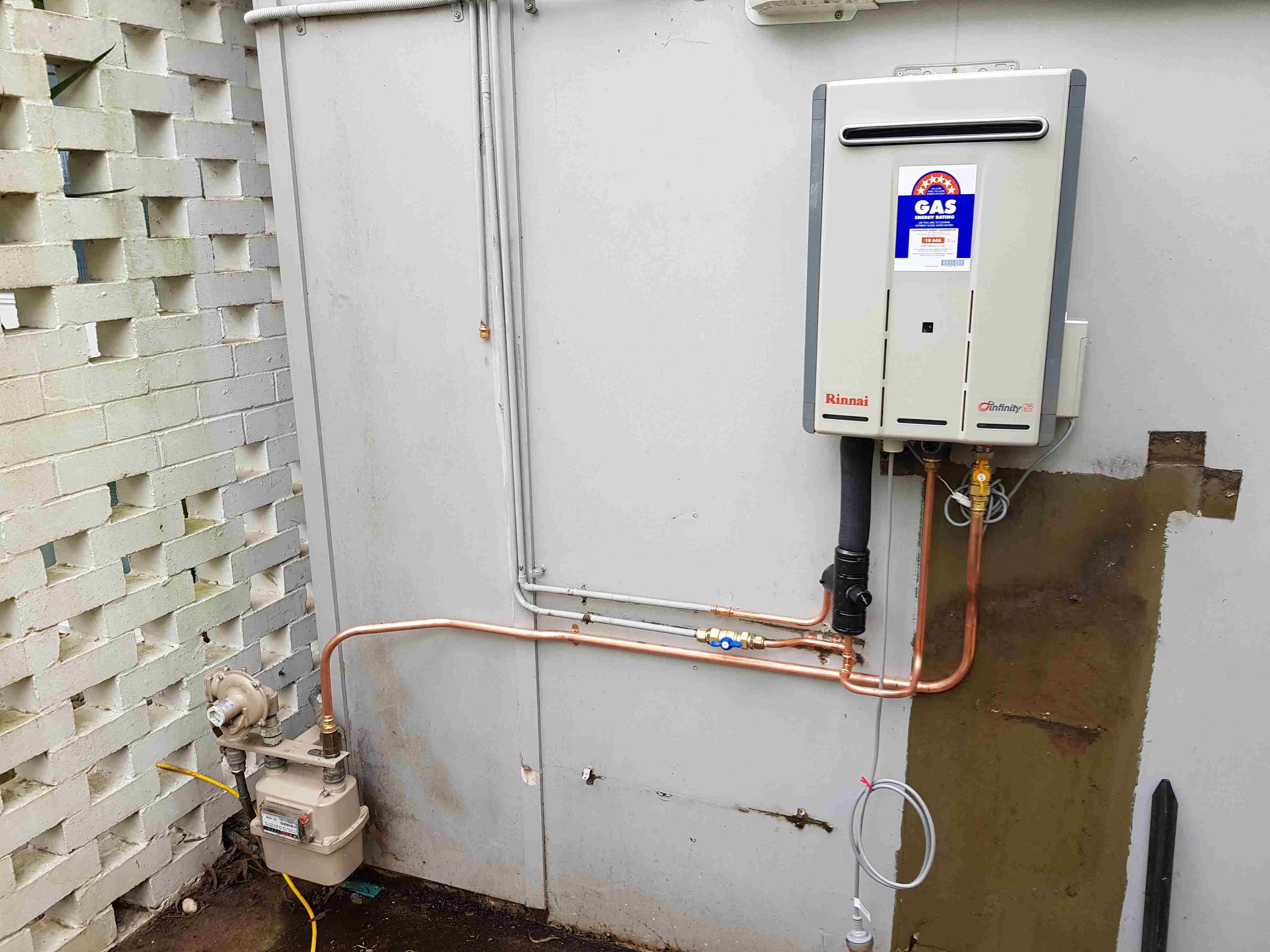
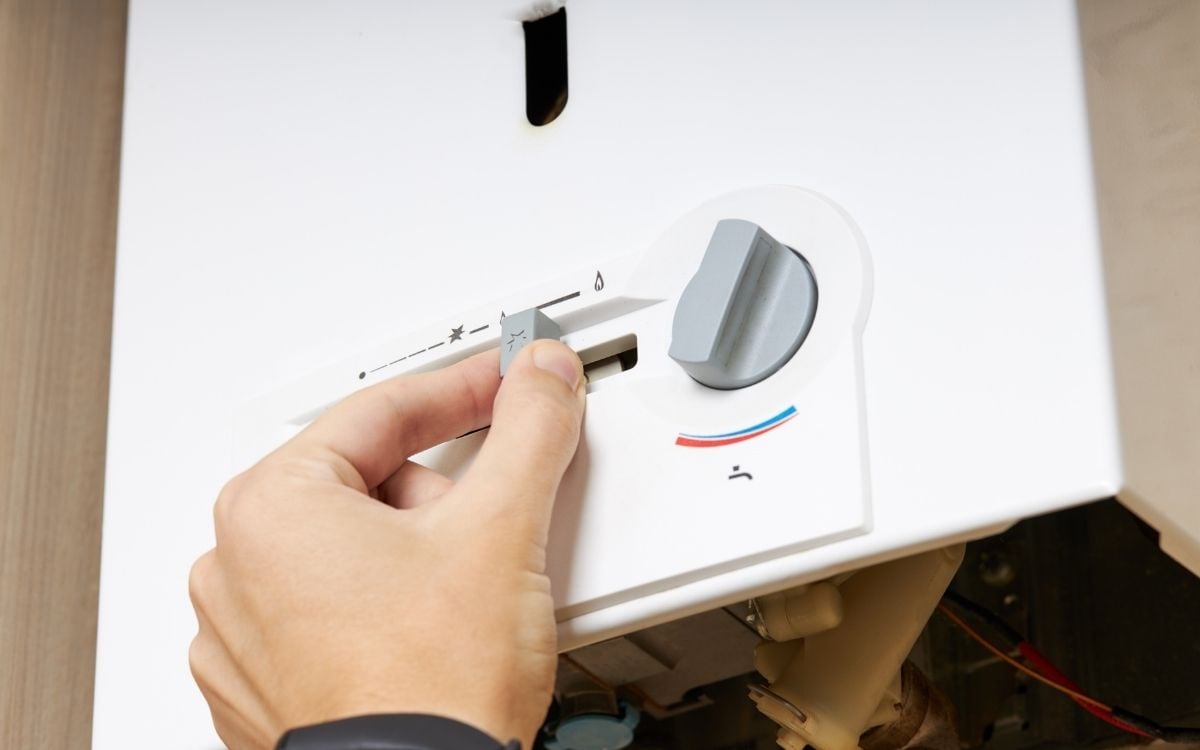
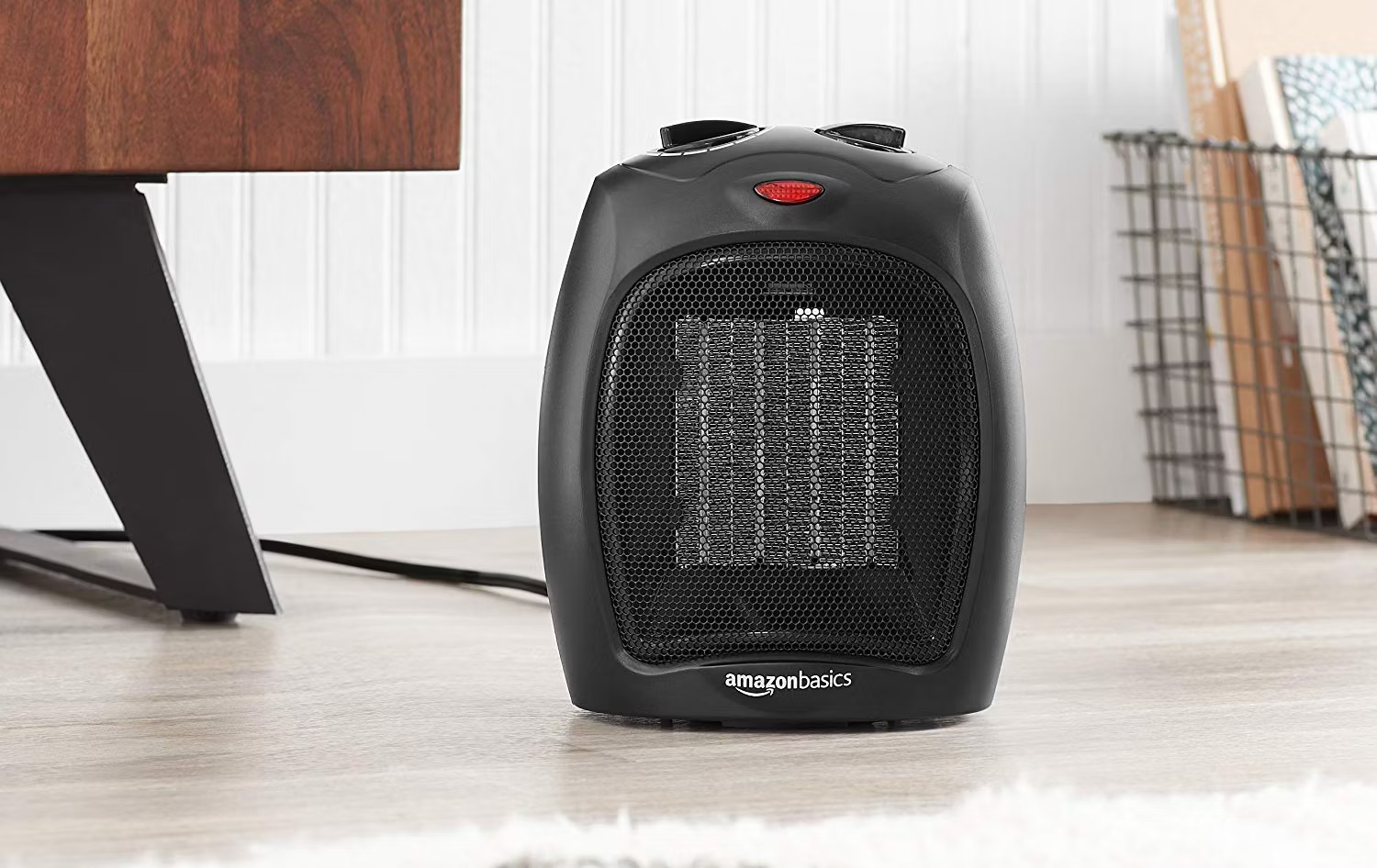
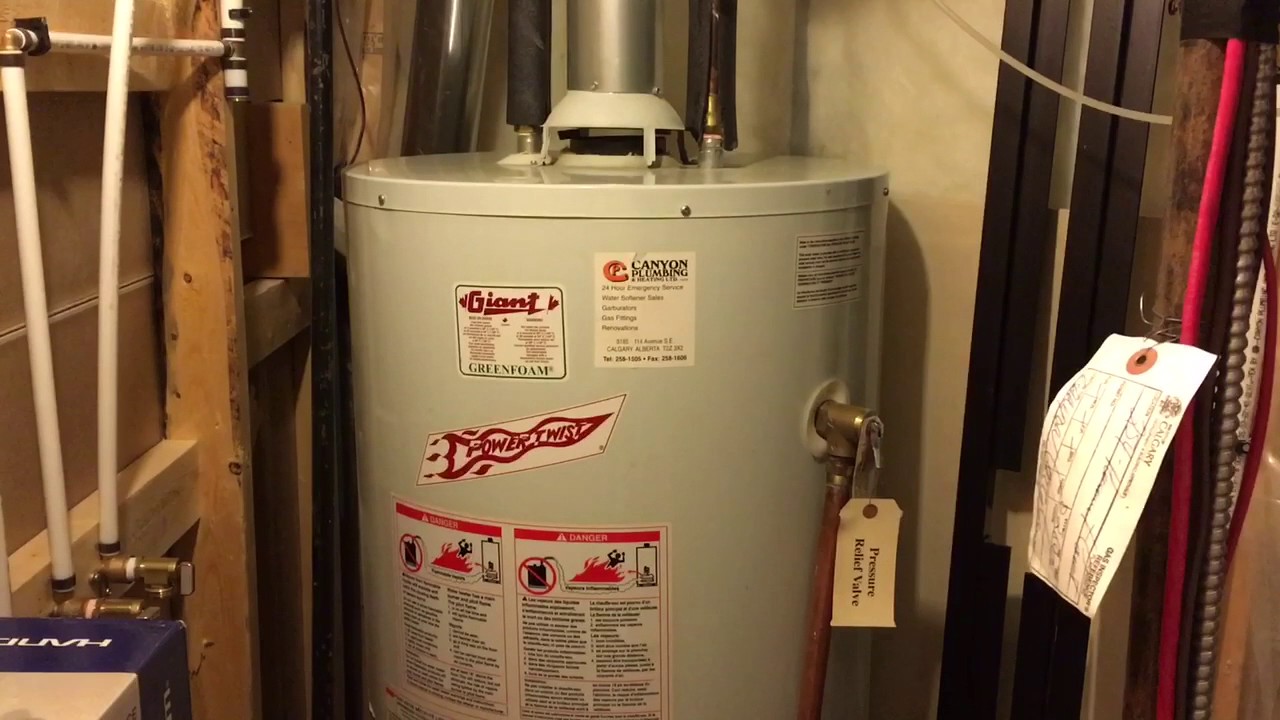
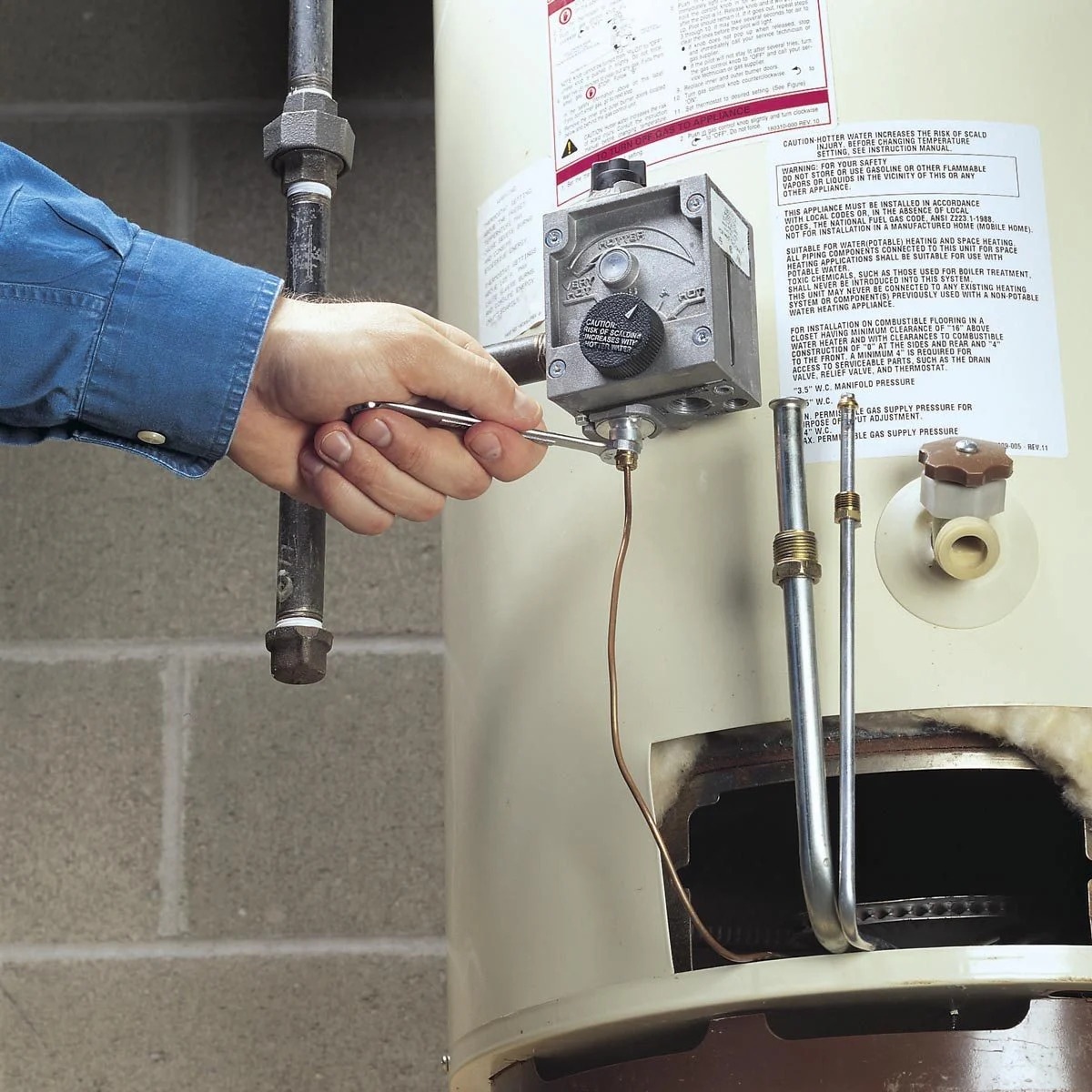

0 thoughts on “What Is A Point Of Use Water Heater”